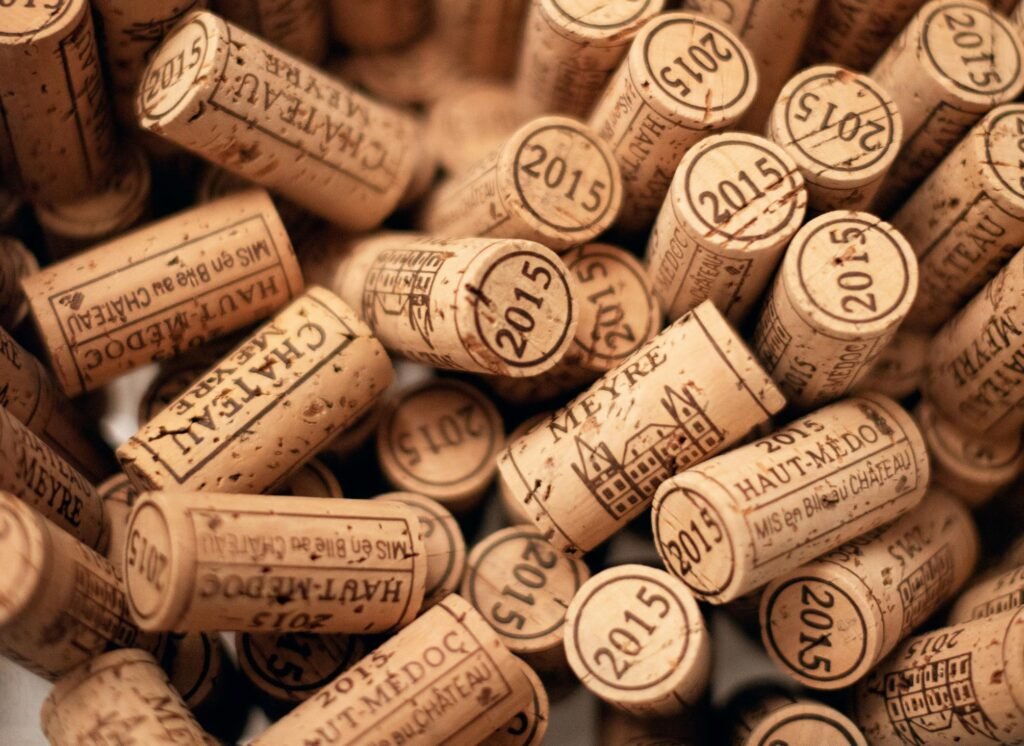
In a world that is increasingly moving towards innovation and sustainability, the wine industry too is faced with significant changes, especially regarding the sealing of its bottles
Traditionally dominated by cork stoppers, this market has seen the emergence of plastic alternatives and eco-friendly options in recent years. But what are the real differences between these materials, and how do they affect the wine they preserve?
The Kingdom of Cork
For centuries, cork has been the preferred material for sealing wine bottles. Extracted from the bark of the Quercus suber, or cork oak, without damaging the tree, cork is prized for its unique properties: it is elastic, waterproof to water and air, and can expand to fit perfectly to the neck of the bottle.
These characteristics make it ideal for wine preservation, allowing optimal aging thanks to a control ed exchange of oxygen. However, natural cork can vary in quality and, in rare cases, can be responsible for the so-called “cork taint” in wine.


The Plastic Alternatives
In the last few decades, plastic stoppers have gained popularity as an economical and uniform alternative to natural cork. Made primarily from polyethylene and synthetic polymers, these stoppers avoid the problem of cork taint and offer consistent sealing. However, their sustainability is subject to debate. Although recyclable, the reality is that many of these stoppers end up in landfills, contributing to plastic pollution.
Moreover, consumer perception is often that wines with plastic stoppers are of lower quality. Towards Eco-Friendliness The latest trend in the world of wine stoppers is the adoption of eco-friendly materials. These include recycled cork stoppers, bioplastics derived from renewable sources, and even compostable stoppers that degrade under industrial composting conditions.
These solutions offer a compromise between the tradition of cork and the modernity of plastic, aiming to reduce the environmental impact of the wine industry. For example, bioplastics promise to tackle the issue of plastic pollution, while recycled cork maintains the qualities loved by wine producers with an eye towards sustainability.
The Future of Wine Stoppers
The choice of the ideal stopper for a wine bottle is not just about tradition or technology, but also reflects a commitment to sustainability and quality. As wine producers explore new frontiers, from organic cork to nanomaterials, the future seems to promise stoppers that not only better preserve wine but also protect our planet.
The challenge will be to find a balance between consumer needs, sustainable production practices, and the preservation of the unique qualities that make each bottle of wine special. In this dynamic context, the stopper of a wine bottle becomes more than just a closure; it is a symbol of the wine industry’s evolution towards a more sustainable and innovative future.
